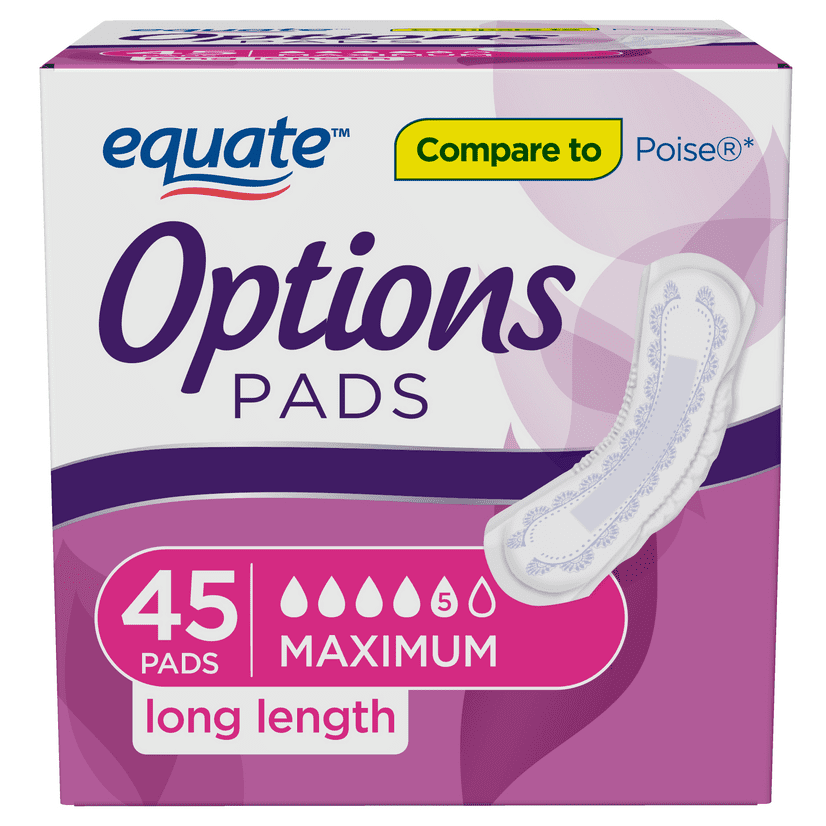
September 8, 2024
7 Pointers To Reduce The Stress And Anxiety Of Urinary Incontinence Caregiving
Urinary Incontinence Pointers For Carers Bladder control issues prevail, yet many individuals feel too self-conscious to speak about them. At least, talk with your healthcare specialist about your bladder problems. Your healthcare expert can help you connect with a support system for individuals with comparable issues. Irregular bowel movements can make urinary tract health and wellness worse and can result in UI. Talk with your healthcare professional about consuming much more fluids and consuming adequate fiber to avoid constipation.Just How Can My Health Care Professional Treat My Bladder Control Issue?
Leukemia is among the most typical blood cancers cells detected in grownups and in kids. Urinary system incontinence of recent beginning, specified as four months' duration or less, is categorized as transient urinary incontinence. The bladder is innervated by the autonomic nerves as well as the somatic nerves. The thoughtful innervation comes from at T11-L2, supplying the bladder using the Hypogastric nerve. The parasympathetic nerves come from at S2-S4 and innervate the bladder using the Pelvic and Pudendal nerves. "Many services are readily available, but you can just obtain assist for what you're willing to discuss and explain," Wright says.How Can I Minimize My Danger Of Stress Incontinence?
https://2udlbbfu4jfp72izc.s3.us-east.cloud-object-storage.appdomain.cloud/preventive-health/overflow-incontinence/urinary-system-incontinence-kinds-triggers-treatment.html- A medical care professional can likewise figure out if a more severe medical problem might be the cause.
- It is very important to check out a relied on healthcare provider if you're experiencing incontinence symptoms to make sure that you can obtain the best treatment.
- You're also more probable to experience incontinence as you age.
- You might wet the bed or be not able to make it to the bathroom in time.
- Some medicines or neurological problems can also trigger urinary incontinence.
What is the medical procedure to quit pee leakage?
Support Groups
When these muscles are weakened, you're more likely to experience leak concerns. Your hormonal agents (estrogen specifically) change throughout menopause and this can alter your bladder control. Urinary incontinence describes the inability to control one's bladder, leading to involuntary urine leakage. In elderly females, this problem is especially widespread because of various age-related adjustments and wellness variables. Before checking out treatments, it's important to recognize the various sorts of urinary incontinence and their causes.Social Links